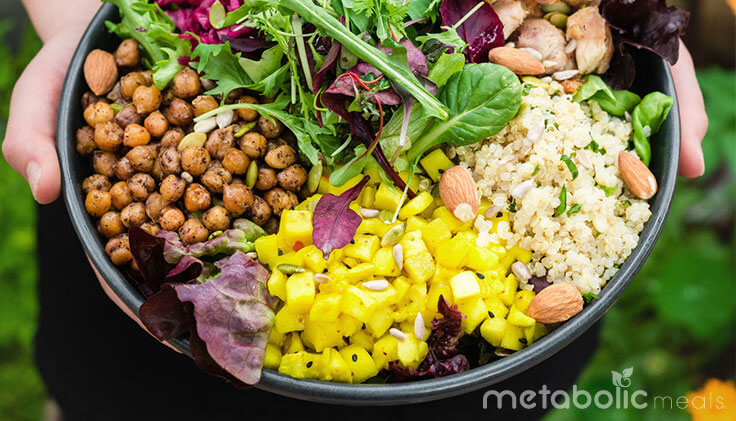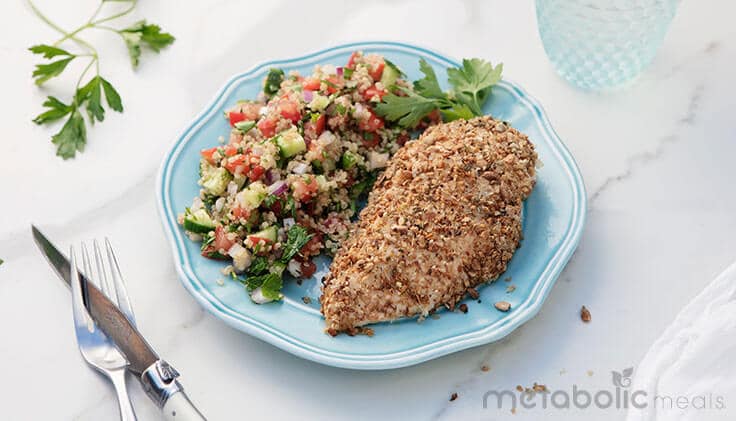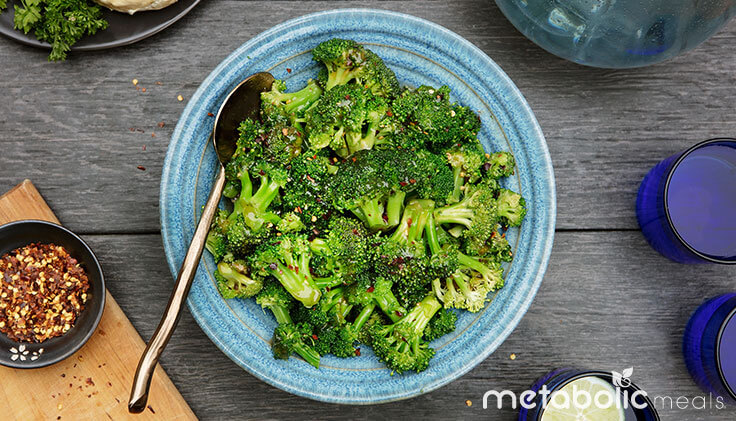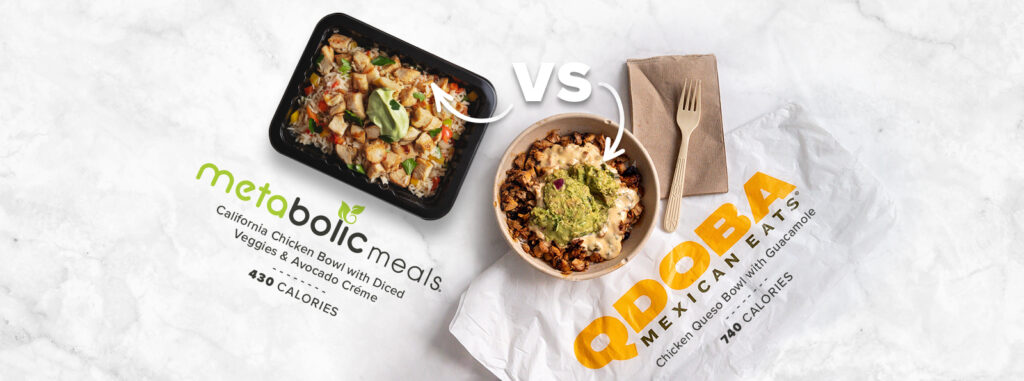Carbohydrates are typically classified as good or bad, but those labels are misleading. Carbs are neither inherently good nor bad; they’re not essential, but they don’t harm your body by themselves. That being said, some carbs are of a much higher quality than others, making them more valuable to your health and well-being.
First, let’s define the term and solve some of the mystery that surrounds carbohydrates.
Why Every Carb Is Different
Carbs, protein, and fat are the three macronutrients your body needs for energy. (Alcohol is a fourth). The three main types of carbs are starches, fibers, and sugars. Starches are common in nutrient-dense foods, like beans and potatoes, as well as whole grains, such as brown rice, oats, and quinoa.
These foods are also high in fiber, though you can find more fiber in broccoli, brussels sprouts, raspberries, blueberries, apples, and a variety of nuts. Naturally occurring sugars are found in many fruits and milk products, while refined sugars are often added to candy, cookies, and sweetened beverages.
While good and bad carbs may be an inaccurate distinction, simple and complex are more appropriate terms. Your body digests complex carbs more slowly than simple ones so it can process them more efficiently. Whole foods that contain fiber and higher macronutrient counts often contain complex carbs, as well.
By contrast, your body digests simple carbs faster. For example, refined sugars are used up quickly and provide little energy. Foods that contain simple carbs usually contain few or no other nutrients, making the carbs less beneficial. They’re not necessarily bad, but relying on them for nutritional value could have detrimental effects on your health and fitness.
Too many low-quality carbs can lead to excess calories and, in turn, weight gain. Combined with fewer vitamins and minerals, these “bad” carbs can affect numerous essential reactions in your body. The problem isn’t carbs themselves; it’s eating food that doesn’t contain enough of the good ones.
Making the Most of All Carbs
Higher-quality carbs provide your body with glucose to use as cellular energy. However, they aren’t necessary for your body to gain that energy. If your diet has no carbs whatsoever, then it can convert non-carbohydrate precursors, such as amino acids and triglyceride, into glucose to fuel your brain and red blood cells.
Yet your body benefits more from utilizing high-quality carbs for their maximum potential. From an overall health standpoint, carbs aren’t more or less beneficial based on the time that you consume them. The amount and quality of carbs you eat will be dictated by your appropriate diet. If you are insulin resistant or have a metabolic disease such as diabetes, then timing may be more critical.
For healthy individuals, cycling carbs can be the best way to make the most of them. Altering your intake of carbs from day to day makes your body more sensitive to them, forcing it to utilize carbs more efficiently. When combined with resistance training, carb-cycling is especially potent.
Many people choose to eat fewer carbs on the days they don’t work out and more carbs on the days they work out more vigorously. Extra carbs before the workout will fuel the intense activity, and after the workout, they’ll replenish glycogen in your muscles to aid their recovery.
Carb-cycling boosts motivation for weight loss, and carbs are also the easiest element of a diet to manipulate. You’ll always cycle back to a moderate to high carb day. In addition to the physiological benefit of increased insulin sensitivity, this also makes those days more mentally satisfying.
It’s important to stress that such days should be considered “re-feed” days, not “cheat” days. The point of increasing carbs is to fuel your body’s increased activity, not to binge on junk food. To make sticking to that principle easier, keep these six things in mind:
1. Always opt for whole, complex carbs.
You can find whole, complex carbs in unprocessed foods, like vegetables, fruits, and whole grains, that provide essential micronutrients and sustained energy throughout the day.
2. Eat the rainbow every week.
Include a variety of colorful fruits and vegetables to ensure that you receive a broad spectrum of micronutrients. This will also help you reduce your risks of developing any deficiencies.
3. Use carb-cycling as a tool.
Restricting and reintroducing carbs from day to day is meant to improve your body’s composition and performance. You may save high-carb days for social dinners and parties, but leave room to fuel up on harder workout days without overconsuming carbs.
4. Pay more attention to fiber.
Read nutrition labels and make sure you’re getting enough fiber. I prefer around 1 gram of fiber for every 5 grams of carbs. This 5-1 ratio helps slow down your body’s digestion and absorption of carbs to help even out blood sugar fluctuations.
5. Sleep consistently.
Not getting enough sleep is one of the most common causes of acute insulin resistance. If you don’t sleep well every night, you’ll be more insulin resistant and less able to process carbs the next day.
6. Make sure you get enough protein.
Finally, focus on making sure you get enough quality protein for each meal, then worry about adding or restricting carbs. Protein will help ensure you receive all essential amino acids and the energy needed for vital cellular functions in the absence of carbs.












